Entrepreneur Stories
First Jobs Of Famous Billionaires

The success stories of many billionaires around the world inspire many people of our generation and have, on several occasions, ignited a desire in many to start their own business. However, many of these successful people began their career by working ordinary jobs. Let’s look at 5 such successful people, who started their career by working some very ordinary jobs.
First jobs of famous billionaires
1) Warren Buffett
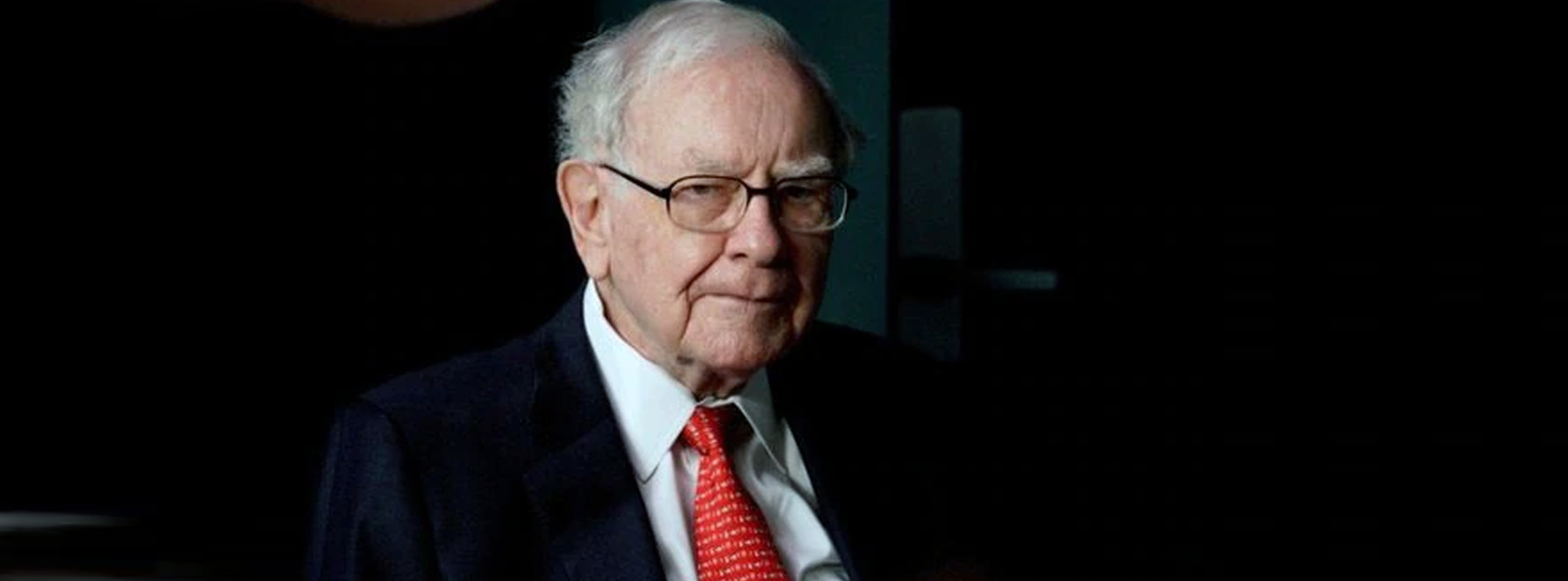
Warren Buffett is the CEO of Berkshire Hathaway and is often referred to as the “Oracle of Omaha.” However, this American business magnate started his career by selling Coca-Cola bottles, chewing gum and magazines door-to-door. At the age of 13, he became a newspaper delivery boy and made $ 175 a month, delivering The Washington Post. He continued to look for other business ventures and accumulated savings of $ 9,800 by the time he finished college. Now, with a net worth of $ 82 billion, he is the fourth richest person in the world.
2) Michael Bloomberg
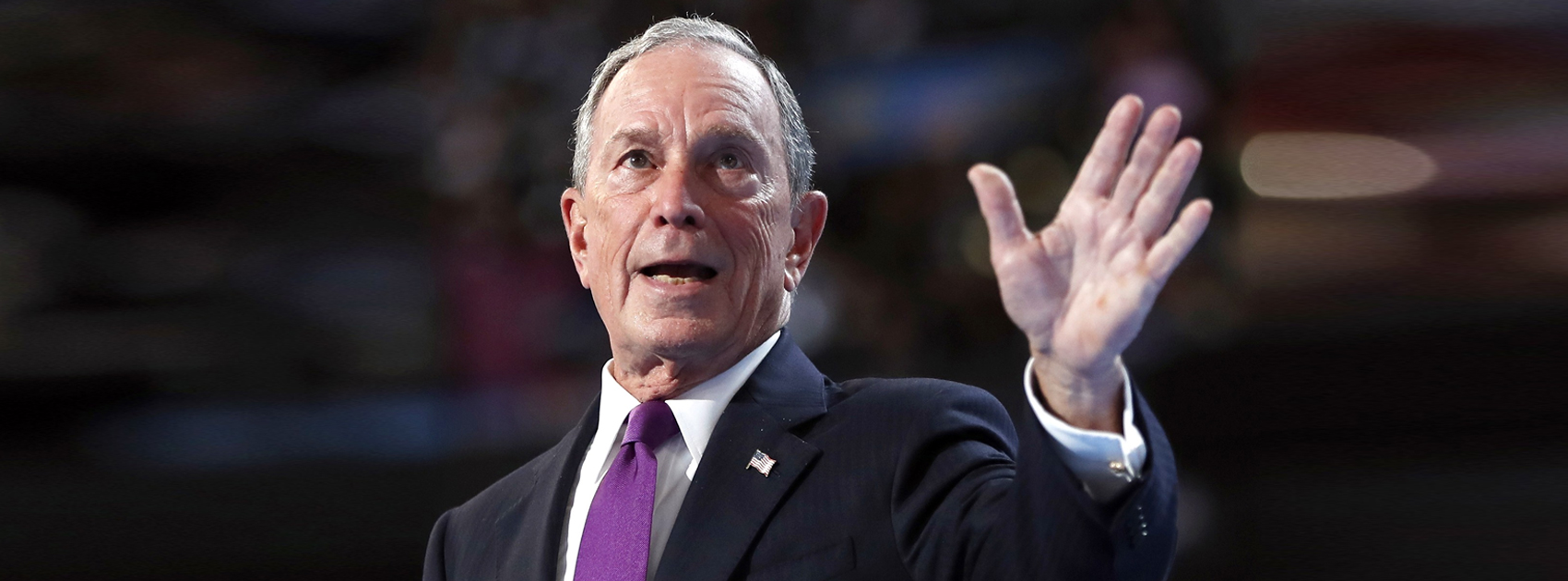
Michael Bloomberg, who founded the financial, software, data and media company Bloomberg L.P., worked as a parking lot attendant when he was young. Born to middle class parents, Bloomberg worked in a parking lot to pay his tuition fees in college and went on to graduate from Harvard Business School. Now a well known philanthropist, Michael Bloomberg is one of the richest people in America, with a net worth of $ 53.5 billion.
3) Oprah Winfrey

Oprah Winfrey is a well known media mogul and entrepreneur, who worked as a grocery store clerk in Nashville to support herself. She then landed a job in radio at the age of 16 and worked her way to the top, eventually owning her own production company. Now, with a net worth of $ 2.6 billion, she is considered one of the most influential women in the world and is a source of inspiration to many.
4) Li Ka Shing
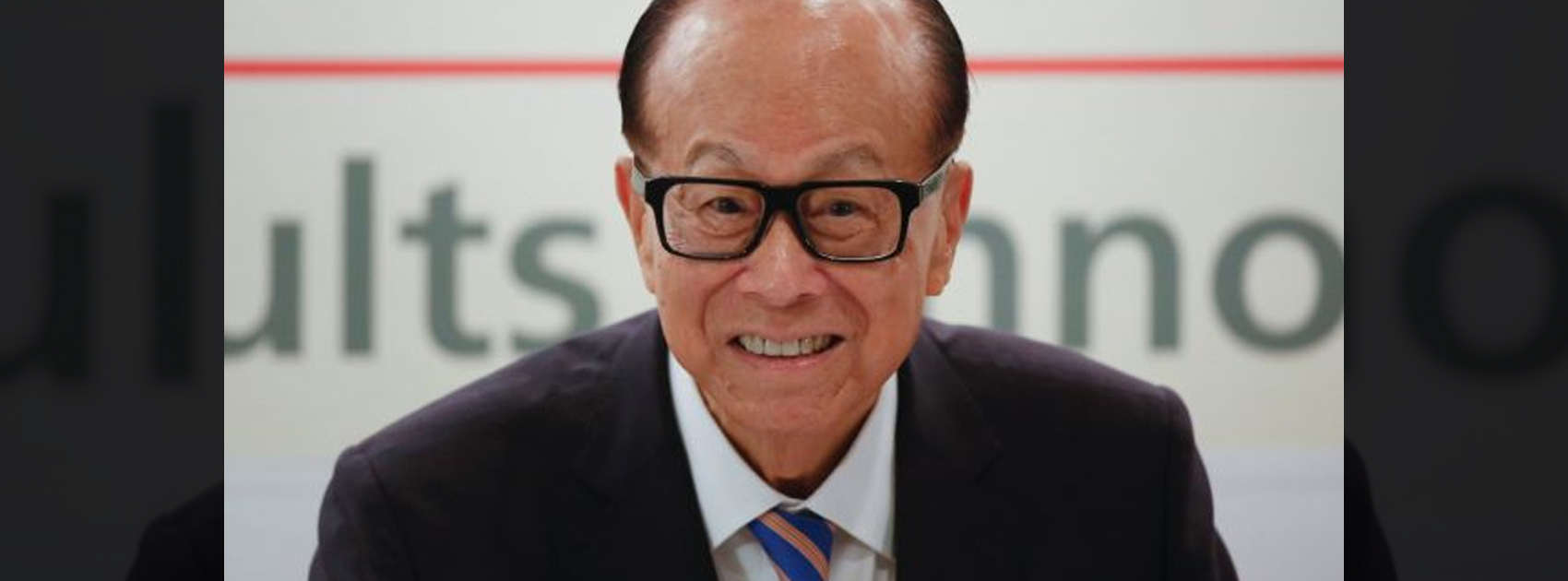
Li Ka Shing was the former chairperson of CK Hutchison Holdings and CK Asset Holdings and is one of the most influential entrepreneurs in Asia. Coming from a poor family, he started his career as an apprentice at a watch strap factory when he was 13 years old and at the age of 19, became the general manager of the factory. He later started his own plastic manufacturing company and used the profits from the company to invest in real estate. Li slowly worked his way up the ladder of success and is now one of the richest people in Hong Kong, with a net worth of $ 27.1 billion.
5) Mark Cuban
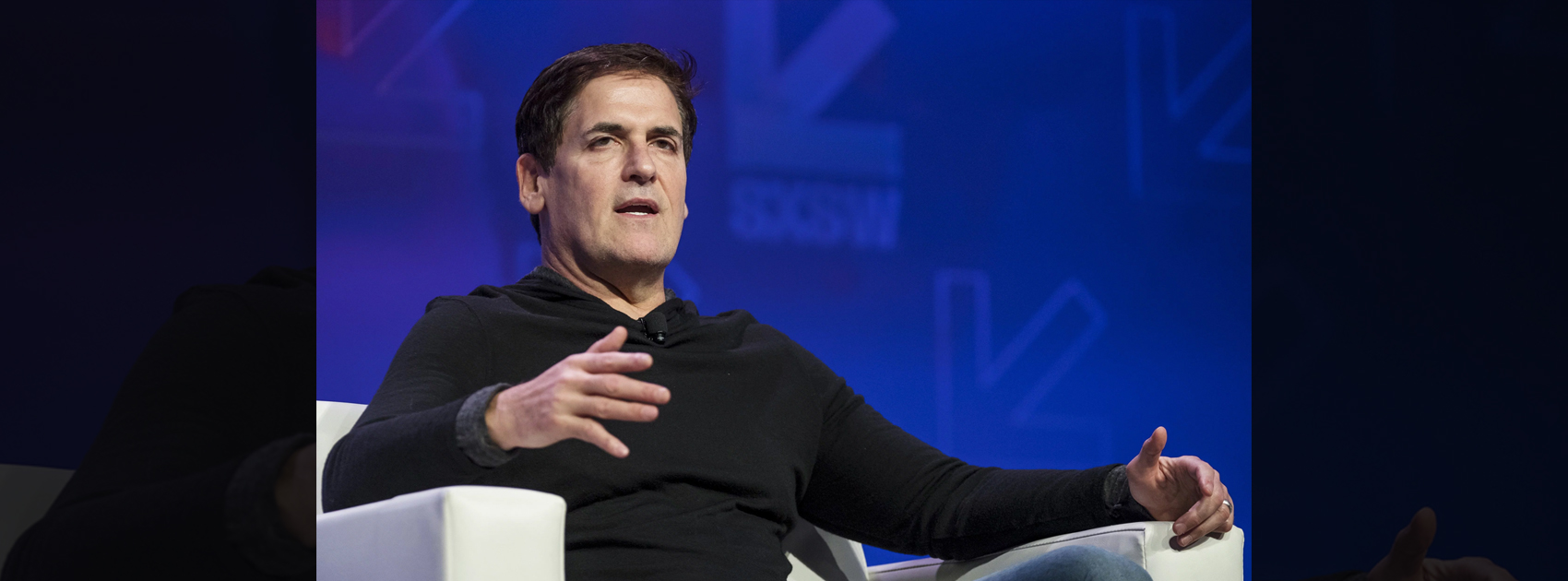
Mark Cuban is an American Shark Tank investor, co founder of Broadcast.com and owner of the American basketball team Dallas Mavericks. Cuban began working at the age of 12 as a door to door garbage bag salesman. After graduating college, he worked as a bartender and then as a salesman for a software company. He started his own company, Broadcast.com, after getting fired from his job and now has a net worth of $ 4.1 billion.
It is true, starting at the bottom does not guarantee success. However, if you find your passion and work hard towards it, nothing is impossible, as the aforementioned individuals proved.
Entrepreneur Stories
Indian Man Quits JPMorgan, Takes 70% Pay Cut to Launch $6 Million Startup

Leaving behind a high-paying job at JPMorgan, an Indian entrepreneur embraced a 70% salary cut to pursue true purpose and passion in the startup world. Disenchanted with what he described as a “robotic” corporate routine, he sought meaningful work that made a real impact. This pivotal decision marked the beginning of his new journey, one focused on value creation rather than titles and corporate perks.
Powered by resilience and fresh perspective, the entrepreneur launched his own startup, prioritizing innovation and hands-on solutions. The road was challenging, but his vision resonated with the market: the startup quickly gained traction and raised $6 million—an impressive acknowledgement of its potential in a competitive landscape. Every hard lesson from early setbacks and bootstrapping paid off in real customer growth and investor confidence.
Today, his journey stands as an inspiring example for professionals seeking authentic success outside the corporate grind. By trading comfort for creative freedom, he grew a venture that solves important problems, generates jobs, and builds wealth beyond just salary. For ambitious founders, his story highlights the power of risk-taking, adaptability, and relentless focus on impact in India’s thriving startup ecosystem.
Videos
Larry Page: The Visionary Co-Founder Behind Google’s Global Success
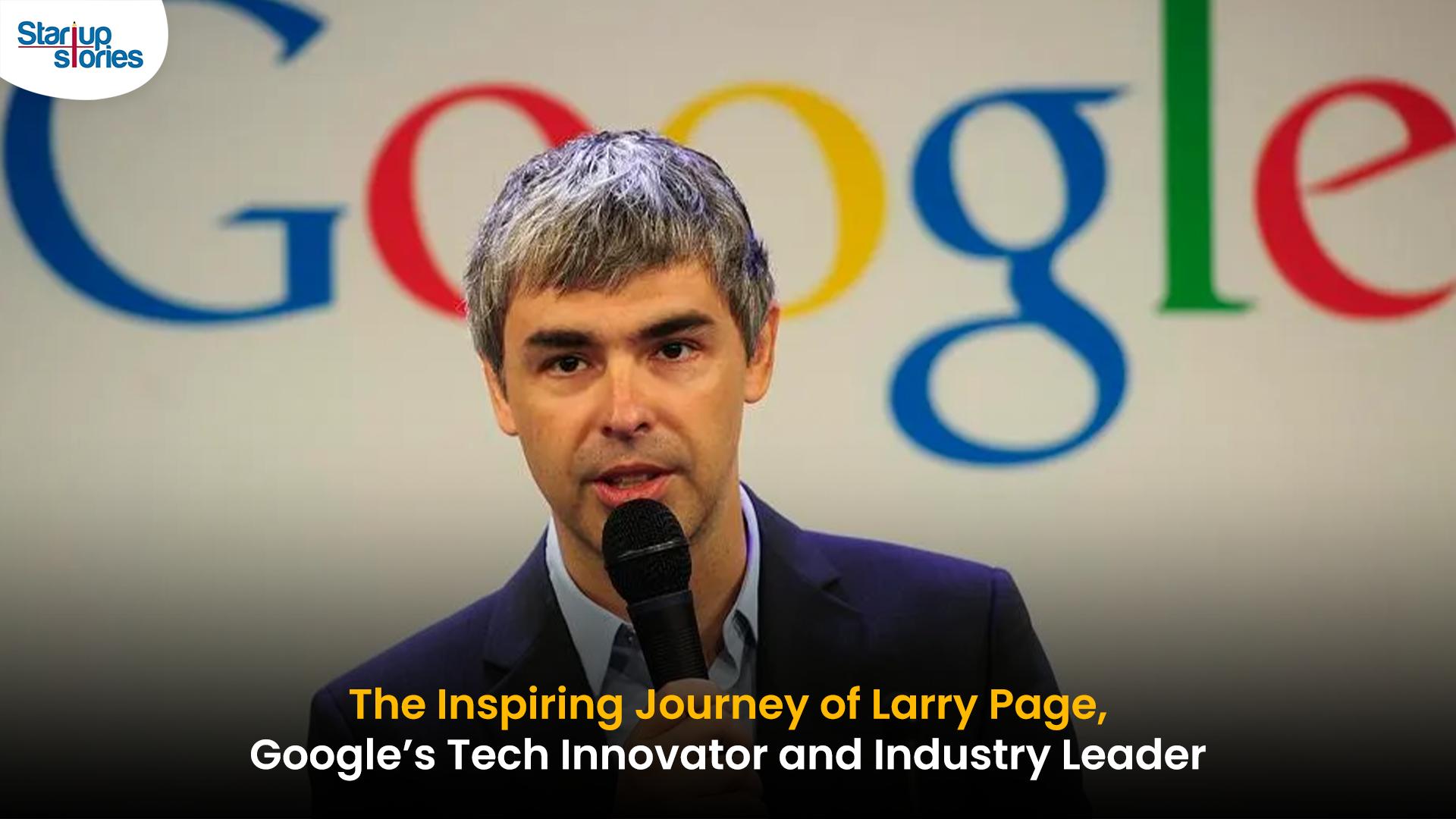
Larry Page is a visionary technology entrepreneur and co-founder of Google, one of the world’s most influential companies. Born in 1973 in Michigan, Page grew up surrounded by computer technology, which inspired his passion for innovation from an early age. He studied computer engineering at the University of Michigan and later pursued his PhD at Stanford University, where he developed the revolutionary PageRank algorithm with Sergey Brin. This technology fundamentally changed the way search engines rank websites, making Google the most accurate and popular search engine globally.
The journey of Larry Page and Google began in 1998 when they officially launched the search engine from a small garage. Leveraging their unique algorithm, Google quickly surpassed competitors due to its ability to deliver highly relevant search results, transforming internet search forever. Under Larry Page’s leadership as CEO, Google expanded beyond search to launch groundbreaking products including YouTube, Gmail, and Google Maps, turning it into a global tech powerhouse that shapes how we access and interact with information online.
Larry Page later became the CEO of Google’s parent company, Alphabet Inc., driving innovation and investment in next-generation technologies such as artificial intelligence, autonomous vehicles, and healthcare solutions. His visionary leadership and commitment to technological advancement have cemented his legacy as one of the most influential figures in the tech industry. Today, Larry Page remains a key influencer in shaping the future of technology and digital innovation worldwide.
Entrepreneur Stories
India’s Tech Story: Airtel Spreads AI Access, Ohm Mobility Lessons

Bharti Airtel has launched the innovative “Airtel-Perplexity Blueprint,” partnering with Perplexity to provide over 360 million customers free access to Perplexity Pro for a year—a benefit valued at ₹17,000 ($200). This collaboration enables Airtel users across mobile, broadband, and digital TV to harness advanced capabilities in generative AI, including leading AI models like GPT 4.1, Claude, and Gemini, along with up to 300 Pro searches daily, image generation, document analysis, and personalized planning services. The move is seen as a milestone for telecom innovation and the democratization of AI in India, making powerful research and productivity tools accessible to a massive user base.
This strategic partnership positions Airtel as an “AI-first” telecom provider, allowing it to gain key insights into user interactions with artificial intelligence and adapt its networks for growing digital demands. For Perplexity, the tie-up grants exclusive access to India’s vast telecom audience, rapidly propelling the app to the No. 1 spot on the Indian App Store, surpassing global competitors like ChatGPT and Google Gemini. Airtel customers can activate their complimentary subscription seamlessly through the Airtel Thanks App, under the Rewards and OTTs section, reinforcing Airtel’s commitment to digital customer empowerment.
The broader Indian startup ecosystem reflects both breakthrough innovation and hard-earned lessons, illustrated by the recent shutdown of Ohm Mobility, an EV financing startup. Despite multiple pivots and industry-leading investors, Ohm Mobility struggled to achieve a sustainable business model—a reminder of the challenges in market fit and adaptability. As AI adoption accelerates and startup realities evolve, industry leaders like Airtel and Perplexity are setting new standards, while others, like Ohm Mobility, offer valuable insights on resilience and the importance of business model flexibility in India’s dynamic tech landscape.














Frjwrpdv
May 28, 2025 at 4:37 am
2025年のランキング上位のオンラインカジノを探索しましょう。ボーナス、ゲームの種類、信頼性の高いプラットフォームを比較して、安全で充実したゲームプレイをお楽しみくださいカジノ
Kuwin
November 5, 2025 at 7:11 pm
kuwin sở hữu kho game đa dạng từ slot đến trò chơi bài đổi thưởng, mang đến cho bạn những giây phút giải trí tuyệt vời.
谷歌站群
November 6, 2025 at 4:19 pm
专业构建与管理谷歌站群网络,助力品牌实现全域流量的强势增长。谷歌站群
J88
November 9, 2025 at 6:40 pm
Đến với J88, bạn sẽ được trải nghiệm dịch vụ cá cược chuyên nghiệp cùng hàng ngàn sự kiện khuyến mãi độc quyền.
站群程序
November 12, 2025 at 8:54 am
采用高效谷歌站群策略,快速提升网站在搜索引擎中的可见性与权重。谷歌站群
iwin
November 12, 2025 at 12:17 pm
iwin – nền tảng game bài đổi thưởng uy tín, nơi bạn có thể thử vận may và tận hưởng nhiều tựa game hấp
MM88
November 14, 2025 at 8:56 am
Khám phá thế giới giải trí trực tuyến đỉnh cao tại MM88, nơi mang đến những trải nghiệm cá cược thể thao và casino sống động.
MM88
November 20, 2025 at 4:22 pm
Với giao diện mượt mà và ưu đãi hấp dẫn, MM88 là lựa chọn lý tưởng cho các tín đồ giải trí trực tuyến.
GO88
November 23, 2025 at 9:32 am
Tham gia cộng đồng game thủ tại Go88 để trải nghiệm các trò chơi bài, poker phổ biến nhất hiện nay.